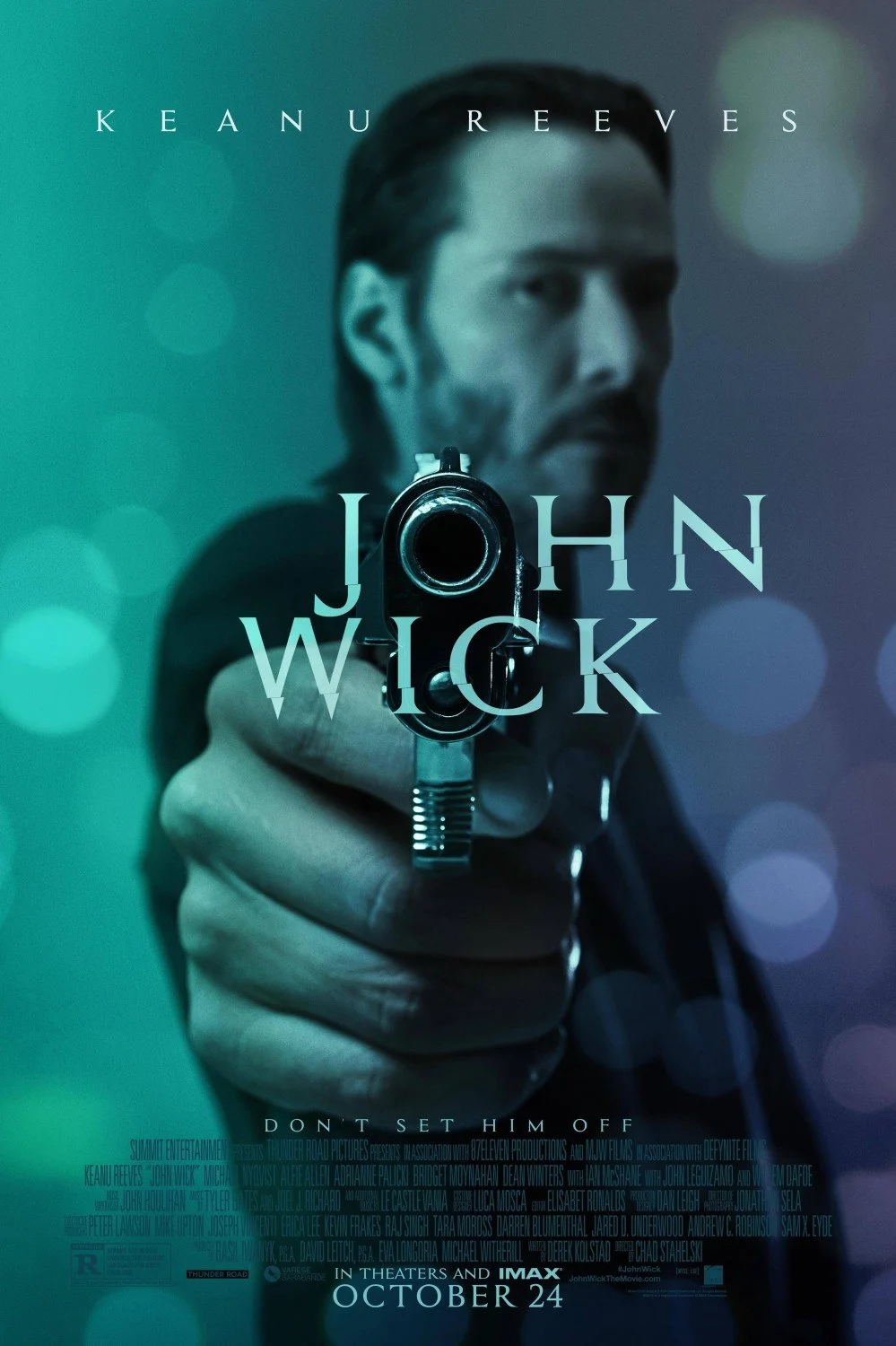Order GOSPEL OF THE BULLET here
The shouts of the Federals were getting nearer. Mitchell McCann put on his blood soaked coat, pulled a skinning knife from his boot and went looking for trouble.
One of the many great life lessons I have learned over several years of self-doubt and overthinking issues that TRUE DETECTIVE character Rust Cohle summarized in a couple words goes as follows: nothing is ever over. Unless you're dead and buried, you are neither saved or condemned. Life goes on and it's up to you to stay alert and manage your way through chaos. Any other thought is your ego not coping with the hand you were dealt. Chris Leek's novella GOSPEL OF THE BULLET is labeled a Western, but it packs a lot more than the tropes of genre in its couple pages. It's a tale of tragic endings and bloody beginnings. It's a display of storytelling mastery that'll hit you right in the mug. Ladies and gentlemen meet Chris Leek, your new favourite author.
The American Civil War ended slavery and ushered the United States into modern times, but it also left a nation torn and wounded, full of broken families wandering the land, trying to patch the pieces. Justice Simpson was 7 when she lost her father in the late days of the war. His death also slowly killed her mother, who faded out for several years before taking her last breath. The war is not over for Justice and scarred gunslinger Mitchell McCann, a man who fought alongside her father. A higher power has brought them together, but there is always a price to pay in order to close the door on the past.
Westerns are usually not my thing. I love the strong sense of atmosphere created by the sprawling scenery and the mythologies created by small-town gossip and the shifting geopolitical landscape. I do feel that the genre is rather rigid though and that the storytelling possibilities are limited, partly due to our great distance with the subject in time and lifestyle. Chris Leek swiftly avoids these issues in GOSPEL OF THE BULLET, by writing what is fundamentally a character study about two people (Justice and Preacher McCann) made whole by finding one another after being torn apart by the war. Think of it as an origin story for the reconstituted family, set in an era where life was cheap and bullets were flying. That I can get behind.
''When you take a man's life it takes something from you too. Part of you dies with him, by my reckoning better than half of me is already to hell an' gone. I believe in God, right enough, but I'm not so sure that He still believes in me.''
GOSPEL OF THE BULLET impressed me for several reasons, but one of the most difficult thing it managed to achieve is to introduce a strong, yet believable female lead. Lots of guys took a swing at that idea and most of them struck out on three pitches. Men are just not that good at writing believable women. Chris Leek showed tremendous accuracy and restraint in creating Justice, giving her a proper teenager's personality. Justice has been ripped to shreds several times over by tragedy, but she's still a kid and has that unexplainable positive mindset that it the proper of kids. Justice isn't a soulful valkyrie or damsel in distress, she's just a kid trying to make it through the day with very little help and it makes her so engaging. Justice McCann became kind of a standard for me, in female characters written by men.
That Leek guy is pretty good. He managed not only to keep me glued to a Western, but he got me standing on my couch being like: ''Oh shit! Oh shit!'' by the climax of GOSPEL OF THE BULLET. He is a technically sound author, in the vein of Joe Lansdale, and whoever masters every variable of his craft the way he does will be able to tell a killer story in any genre. Leek writes action scenes better than 90% of the writers out there. He has some Graham Yost in him. Chalk GOSPEL OF THE BULLET as another success for the dynamic One Eye Press, a small, emerging outfit that promotes and celebrates the triumphant return of the novella in the eBook era. It's more than just a Western, it's a story of resilience that is strong enough to transcend space, time and even genre.


